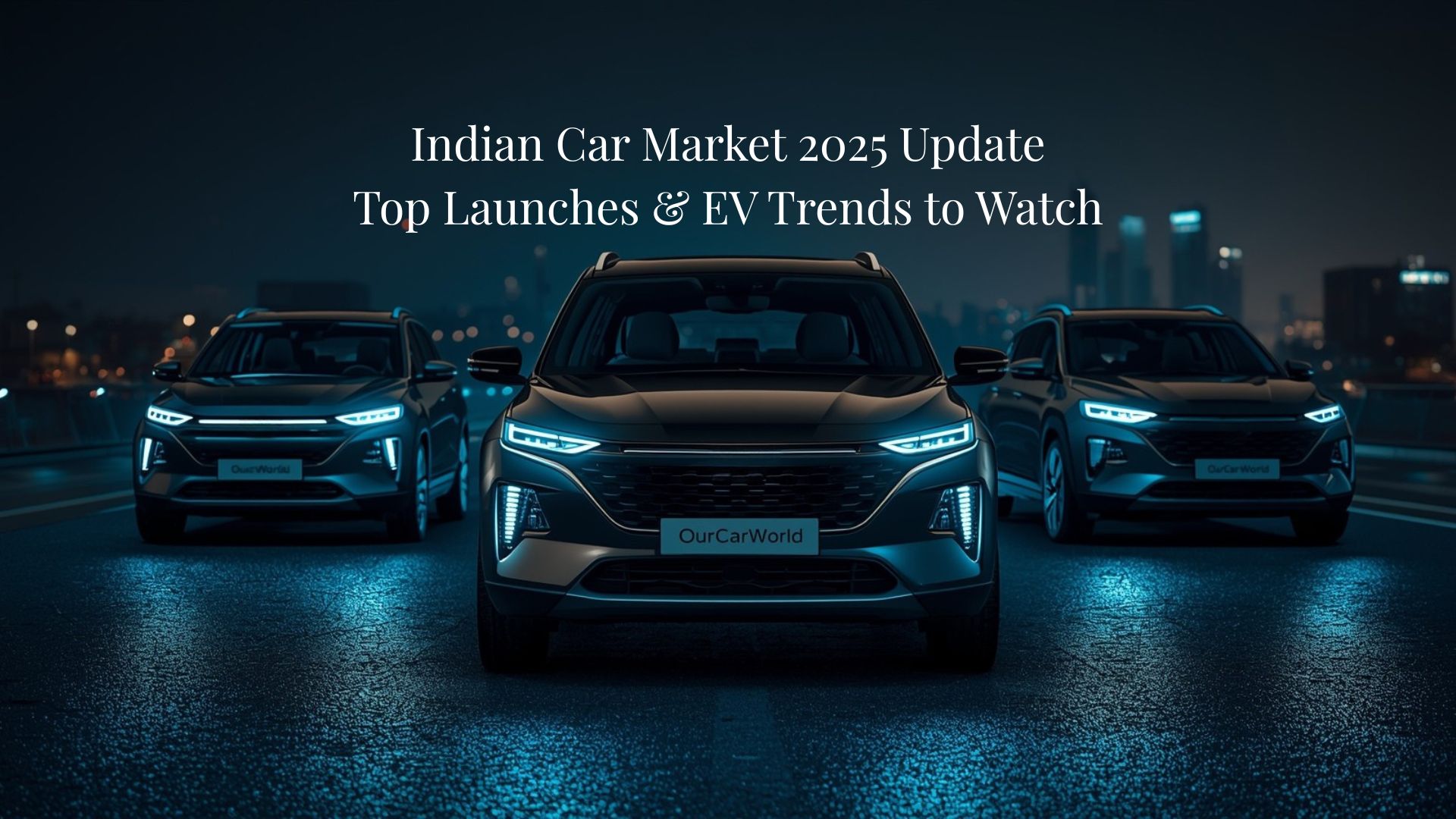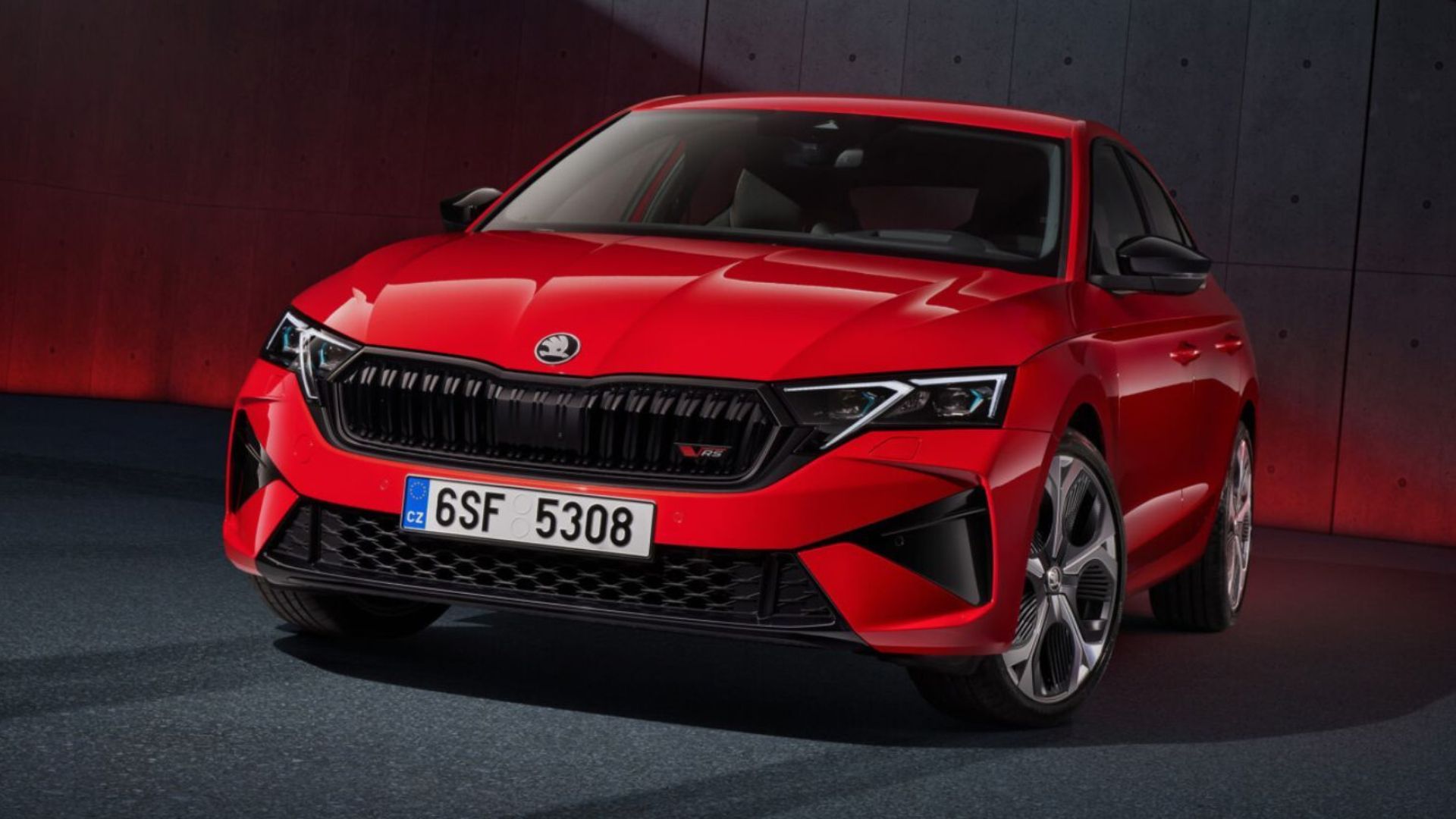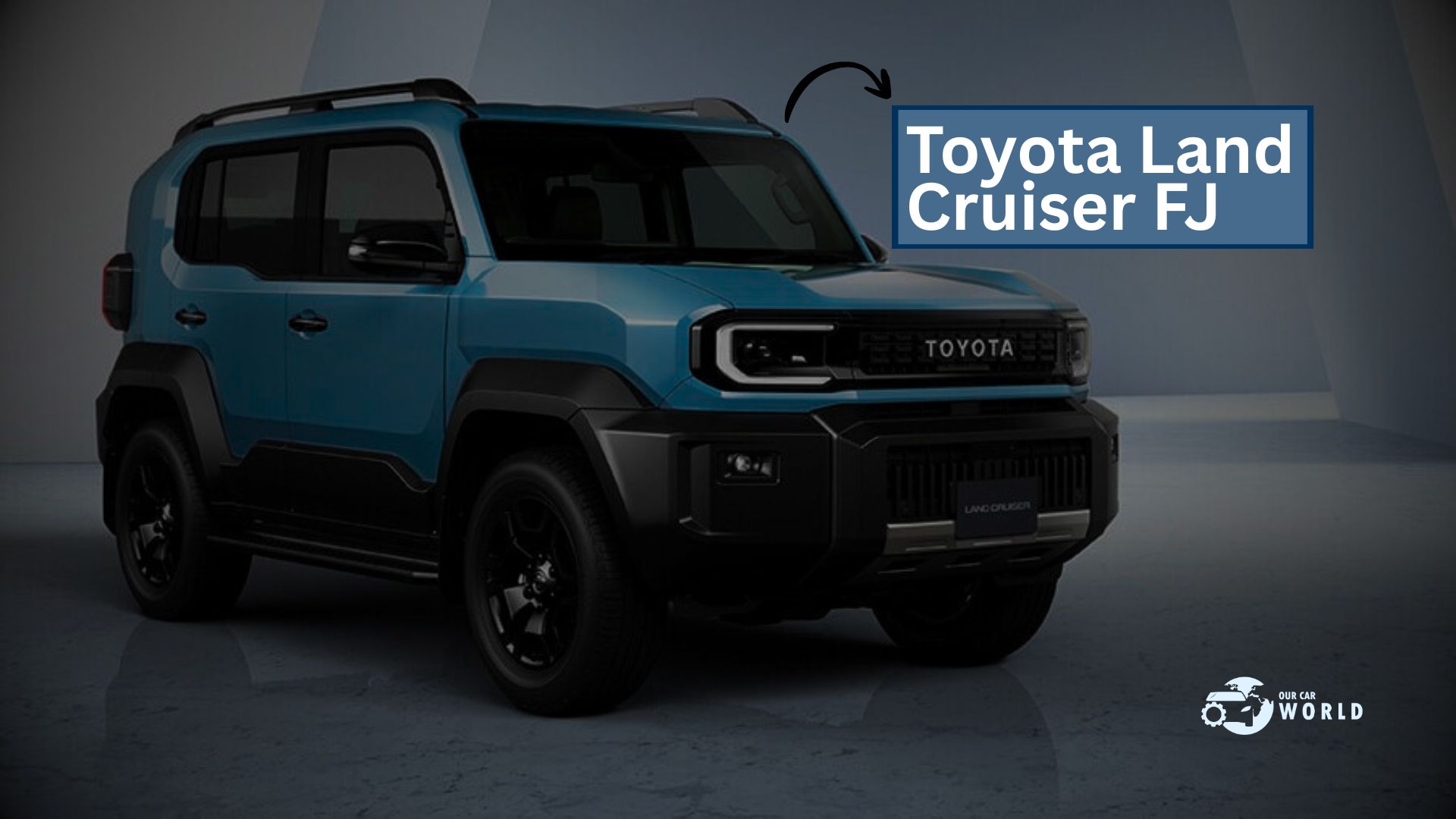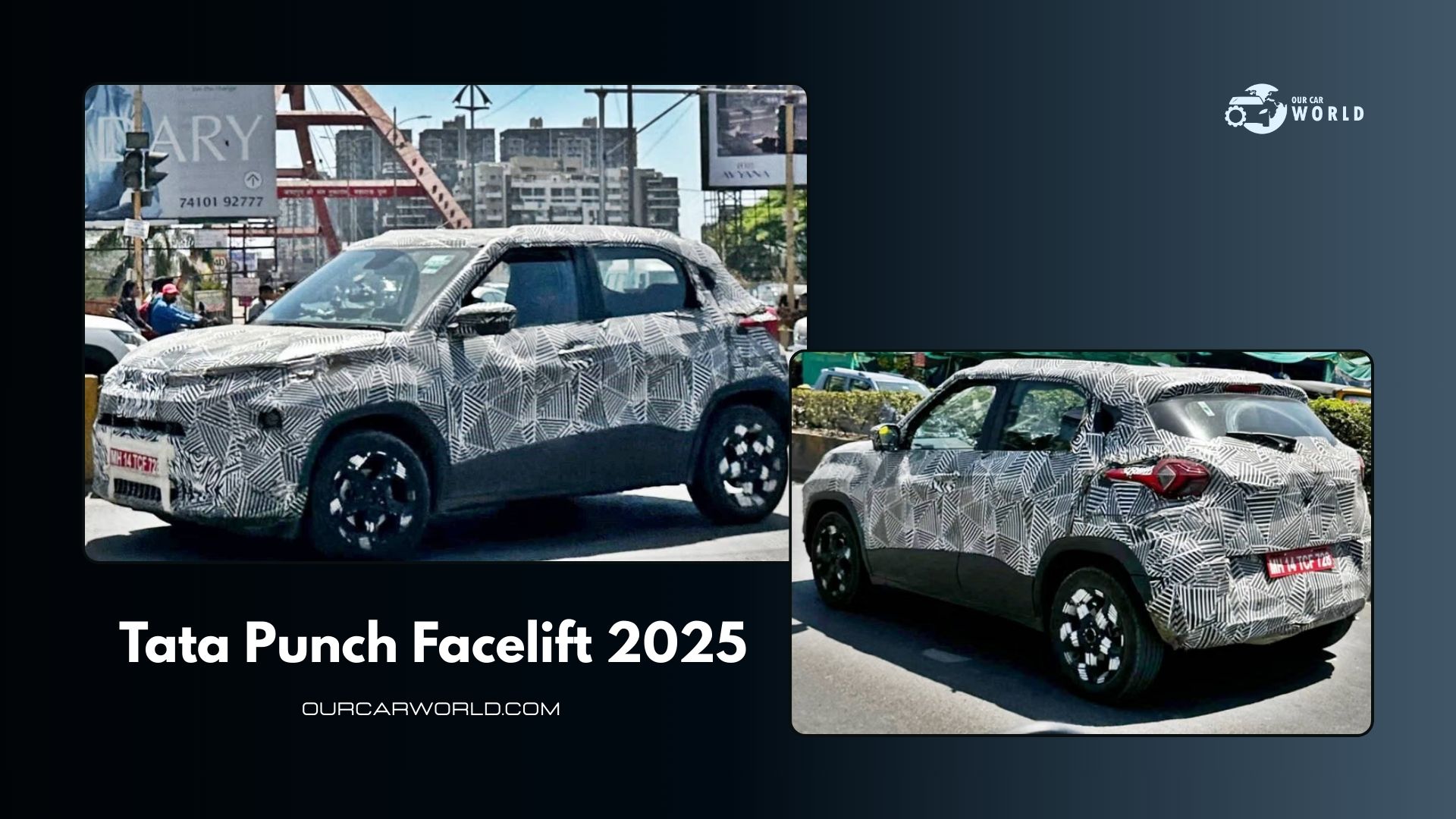Introduction
The Indian car market 2025 is on the edge of a massive transformation. From the growing electric vehicle (EV) revolution to the arrival of AI-powered smart cars, this year marks a significant shift in India’s automotive direction.
With major automakers like Tata Motors, Hyundai, Mahindra, and Maruti Suzuki stepping into new territories, 2025 isn’t just about design or performance – it’s about sustainability, technology, and the future of mobility.
In this OurCarWorld industry recap, we’ll take a detailed look at the top car launches, emerging EV trends, and the direction of India’s automotive future.
1. Overview of the Indian Car Market in 2025
India is currently the third-largest car market in the world, surpassing Japan and closely following China and the U.S.
According to data from SIAM (Society of Indian Automobile Manufacturers), passenger vehicle sales are expected to cross 4.5 million units in FY2025. The growth is driven by:
- A rise in demand for compact SUVs
- Affordable financing and EMI options
- Push toward electric and hybrid cars
- Better rural and urban road connectivity
This consistent growth indicates that India is shifting from a fuel-driven market to a smart, eco-conscious automobile ecosystem.
Read about the Society of Indian Automobile Manufacturers (SIAM) latest report to explore sales statistics and policy updates.
2. Major Car Launches in 2025 (Petrol, Diesel, and Hybrid)
Several carmakers are using 2025 to expand their portfolios. Let’s look at some of the most anticipated launches that are already stirring excitement.
| Brand | Model | Segment | Key Highlights | Expected Price |
|---|---|---|---|---|
| Maruti Suzuki | Escudo Y17 | Compact SUV | New hybrid tech, ADAS, 1.5L petrol engine | ₹12–18 lakh |
| Tata Motors | Harrier EV | Mid-size SUV | Long-range EV (500 km), digital cluster | ₹25–30 lakh |
| Hyundai | Venue Next-Gen | Subcompact SUV | Connected features, AI assistant | ₹10–14 lakh |
| Mahindra | BE.05 | Electric SUV | Futuristic design, dual-motor AWD | ₹28–35 lakh |
| Nissan | Tekton | Compact SUV | Targeting Creta & Seltos rivals | ₹15–20 lakh |
3. Rise of Electric Vehicles (EVs) in India
2025 will go down as the year India truly embraced electric mobility.
Government policies, state incentives, and better charging infrastructure are fueling EV adoption at an unprecedented rate.
Key EV Highlights for 2025:
- EV penetration is projected to reach 12% of total car sales, up from 2% in 2022.
- Tata Motors leads the market with over 70% share in the EV segment.
- New entrants like BYD, MG, and Hyundai are expanding their electric portfolios.
- Battery costs are expected to decline by 10–15%, making EVs more affordable.
Explore India’s FAME-II Scheme for detailed insights into government subsidies for EV buyers.
4. Hybrid Cars Gaining Ground
While EVs are stealing the spotlight, hybrid technology is quietly reshaping the market.
Maruti Suzuki, Toyota, and Honda are leading the hybrid push, with models like Grand Vitara, Invicto, and City e:HEV gaining traction among Indian buyers who want efficiency without full electrification.
Key reasons for hybrid growth:
- Lower running cost than petrol/diesel
- Reduced dependency on charging infrastructure
- Easier transition for first-time green buyers
Comparison Table: Hybrid vs. Electric Vehicles (2025)
| Feature | Hybrid Cars | Electric Vehicles (EVs) |
|---|---|---|
| Power Source | Petrol + Electric | Fully Electric |
| Charging Time | Not required | 30 mins–8 hrs |
| Range (avg.) | 800–1000 km | 350–600 km |
| Price (avg.) | ₹12–20 lakh | ₹15–30 lakh |
| Ideal For | Daily city + long drives | Urban + short commutes |
5. Technological Innovations: AI, Safety & Connectivity
2025 marks the rise of AI-driven and connected vehicles.
Cars are now equipped with ADAS (Advanced Driver Assistance Systems), 360-degree cameras, lane-keep assist, and adaptive cruise control, previously available only in premium models.
Emerging Technologies:
- AI voice assistants integrated with infotainment systems
- Over-the-air (OTA) software updates
- Vehicle-to-Infrastructure (V2X) communication
- Enhanced car safety features as per Bharat NCAP ratings
Read our guide 10 Car Safety Features Every Indian Driver Should Know.
6. EV Infrastructure and Battery Technology
One of the biggest hurdles for EV adoption has been charging infrastructure.
However, 2025 is witnessing a major breakthrough:
- India now has over 12,000 public EV charging stations, a 3x increase from 2023.
- Battery swapping stations are expanding in metro areas.
- Companies like Tata Power and ChargeZone are rapidly deploying fast-charging networks.
Learn more about India’s charging network growth at Tata Power EZ Charge.
7. Market Challenges in 2025
Despite strong growth, the Indian car market faces challenges:
- High EV component import costs
- Semiconductor shortages (though easing in Q3 2025)
- Price-sensitive buyer behavior
- Limited financing options for EVs in Tier-2 cities
The government’s “Make in India” initiative and rising local manufacturing are expected to reduce these issues over the next two years.
8. Future Outlook: What’s Next for 2026 and Beyond
The next phase for India’s automotive industry will focus on:
- Full electrification of urban fleets (taxis, delivery vans)
- AI-based predictive maintenance systems in cars
- Increased localization of EV components
- Sustainability-driven policies and carbon credit trading for carmakers
With India’s middle class expanding and global brands investing, 2026 may see the country cross 5 million passenger vehicle sales for the first time.
Conclusion
The Indian car market 2025 is shaping into one of the world’s most dynamic automotive ecosystems. The balance between affordability, innovation, and sustainability defines India’s unique journey.
From Tata’s electric SUVs to Maruti’s hybrid revolution, this is a year of technological maturity and consumer evolution.
As manufacturers innovate, the responsibility shifts to consumers to adopt safer, smarter, and cleaner vehicles.
Book your car service with OurCarWorld to keep your vehicle in top condition and ready for the future of driving.




